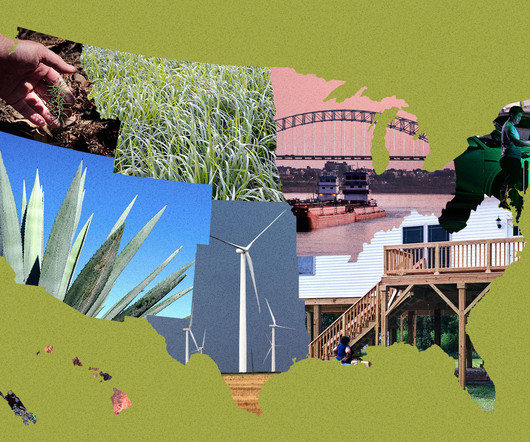Can Bumble Bee and Nestlé hook the world on fishless fish?
GreenBiz
JUNE 8, 2021
By 2030, it expects demand for seafood to be 30 percent higher than 2010 levels. Plus, the tens of thousands of edible creatures in the oceans offer a broader palette of flavors and textures to imitate compared with land mammals or fowl. Plant-based seafoods are spawning in the freezers and aisles of mainstream stores.















Let's personalize your content